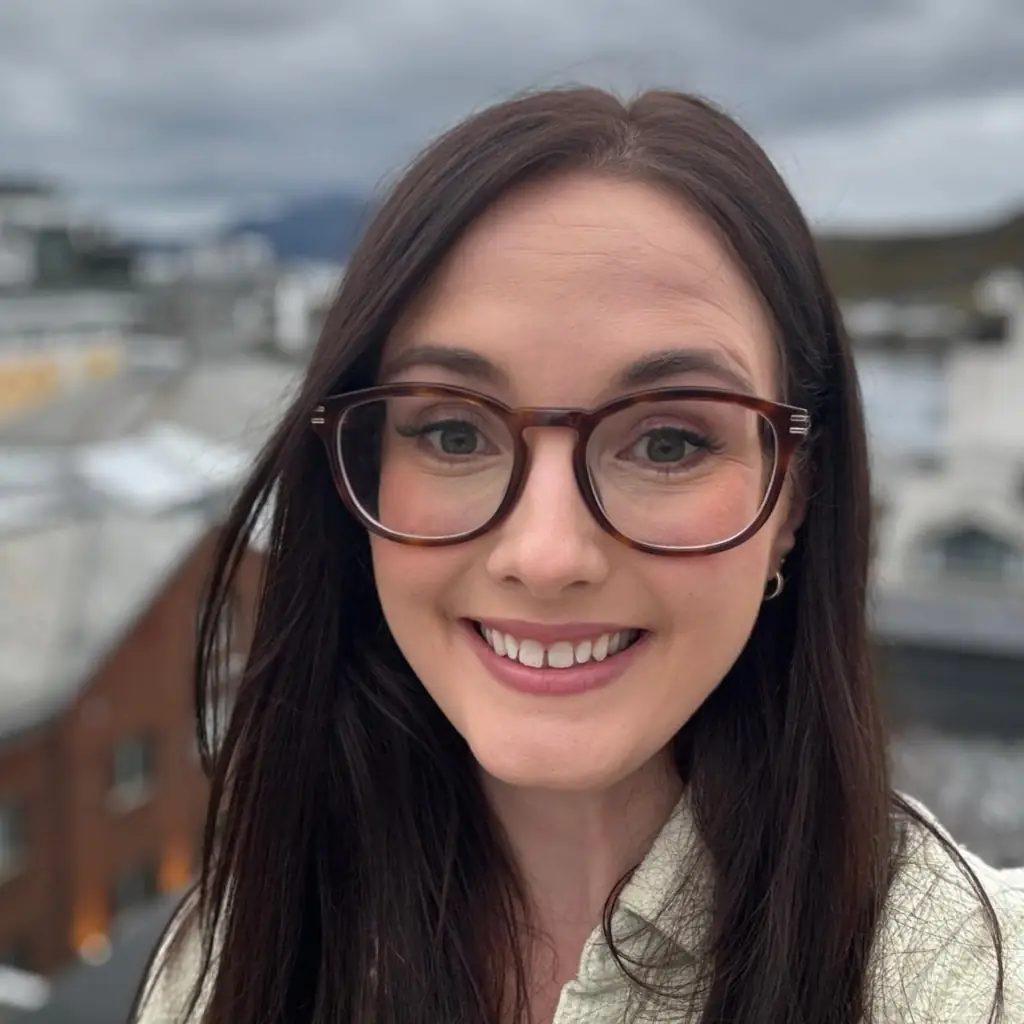Anne Tjønndal
Professor in Sociology of Sport & Head of Department for Organisation, leadership and working life.
Response, Faculty of Social Sciences, Nord University
Who is Anne #
Anne’s academic background is in sociology (PhD) and Sport Science (MSc.). Her PhD thesis was on social innovation in sport (title: The Intention to Include: Studies of Innovation for Social Inclusion in Sport, 2018). Anne’s research interests cover a variety of topics, and she has published works on issues related to: sports technologies and innovation, esports, management and leadership, coach-athlete relations, gender, social inclusion/exclusion, sports-related concussion and head injuries, climate change and sustainability. In truth, she finds most sociological investigations of sports interesting and is not likely to become an expert in any singular field because of that, as she often falls for the temptation of engaging in new topics and collaborations.
At Nord University, Anne is the leader of RESPONSE – Research Group for Sport and Society and currently holds a term position as Head of the Department for Organization, leadership and working life at the Faculty for Social Sciences. She serves as Co-Editor for the European Journal for Sport and Society, Editorial Board Member of the International Review for the Sociology of Sport, and as Advisory Board Member for the International Sociology of Sport Association.
Recently, Anne has been involved in an interdisciplinary Nordic research project titled Women in a Digitized Sports Culture, which examines how technological innovation, digitalization, and mediatization impact gender equity and equality in sports in the Nordic countries. A book disseminating the results from this project will be published with Routledge in 2025.
Why the interest in virtual sports? #
Virtual sports represent a new frontier for sport organisations, which makes it important for researchers within sport management and sociology of sport to engage in this topic. Innovations in this field may radically transform athletic training, sports coaching and hold potential for new avenues of social inclusion initiatives in volunteer sports clubs. The IOC is also engaging in virtual sports in various ways, through the Olympic Virtual Series, selected events at the Olympic Esports Series, and partly in the Olympic AI Agenda. As a sociologist, Anne is particularly interested in how the development, spread, and adoption of virtual sports impact volunteer sports clubs, athletes, coaches and referees, and the potentials and pitfalls these innovations may bring.
